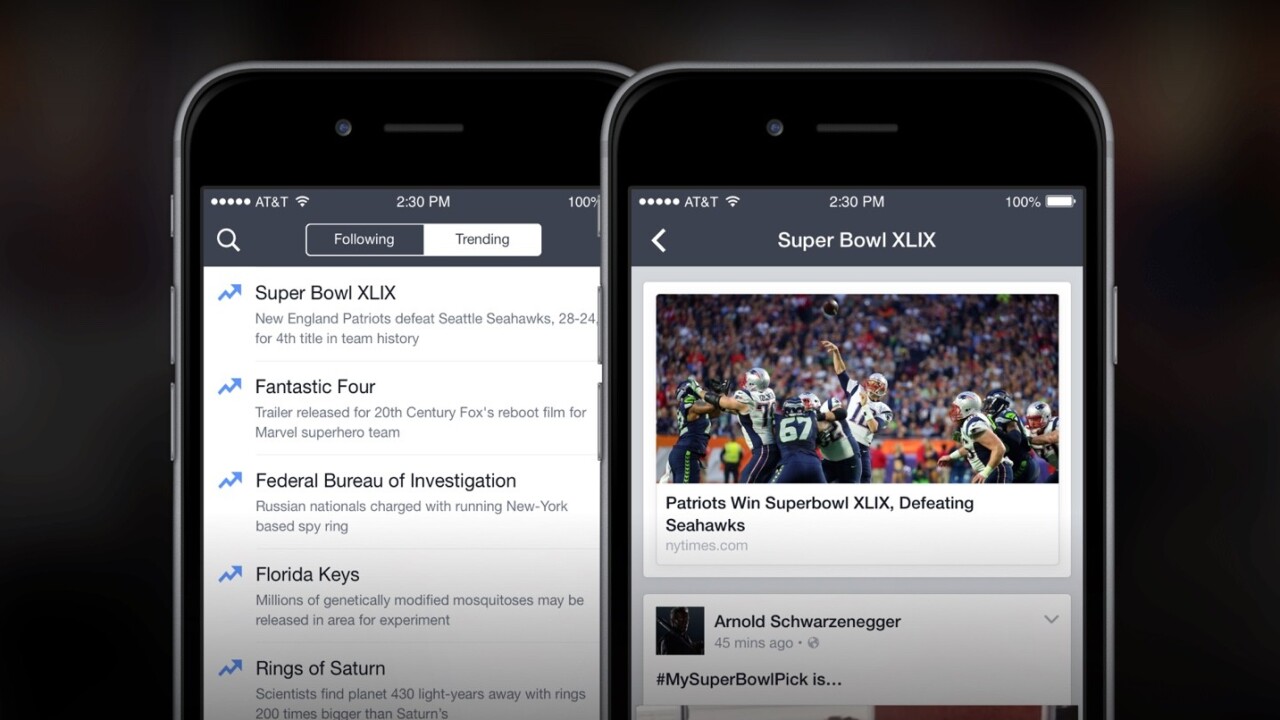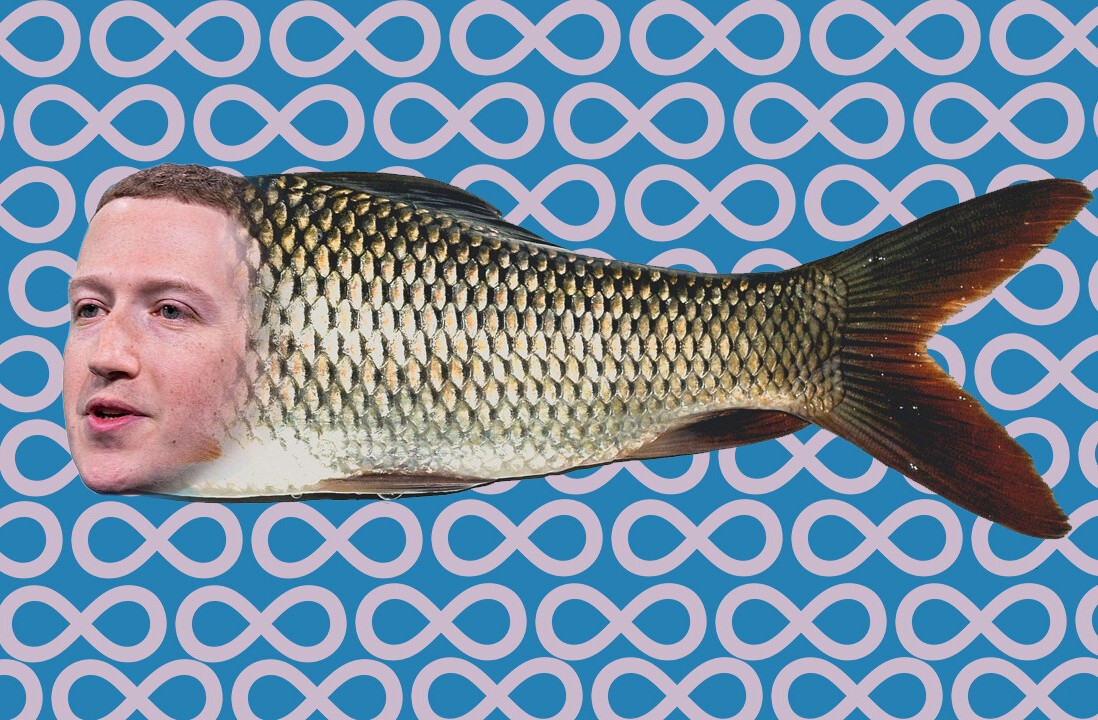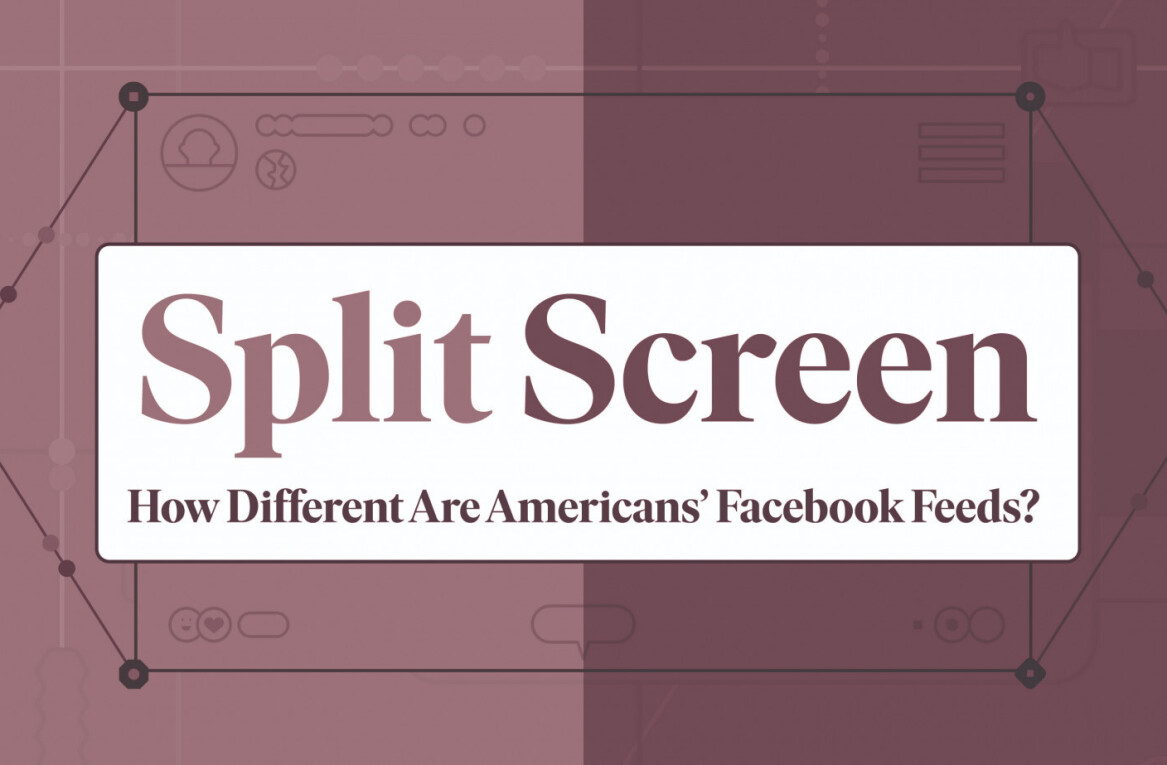
Facebook has long been keen for more journalists to use their personal accounts like they do Twitter – to engage with followers, discuss their articles and hunt for information. The company hasn’t had much success on this front to date, but that may be starting to change. It’s built a ‘parallel universe’ for journalists to use with their personal accounts, and it’s just like Twitter.
When Facebook recently expanded access to its Mentions iOS app to all verified users, it was accompanied by a drive to verify more journalists. Most of The Next Web team is verified now, for example, and I’ve seen peers at other publications gain blue check marks in recent weeks, too.
As soon as I got access to Mentions, I started using it every day, and something struck me – it presents Facebook as a Twitter-like service, and I’m more likely to keep using it professionally as a result. Here’s what I mean…
The News Feed in Mentions has no, er, mention of ‘friends.’ It’s all about public content from both friends and other people and pages you follow. Thanks to the ‘Following’ terminology, it’s framed in a way makes you think more about a public audience than your old school friends and your mom.

Then there’s the trending tab. A pop-up when you first access it encourages you to use it to discuss currently popular topics with your audience. Like you might on Twitter.

The Mentions tab is really useful for journalists. It doesn’t just show posts you’re tagged in, it also shows public posts that include links to your articles.
You need to have Facebook metadata added to the author details on your CMS, but assuming that’s set up (as it is on The Next Web), journalists can see what people are saying about what they write. I can jump in if someone misunderstands something, or pick up on a good counterpoint made by a reader without them having to explicitly tag me.

The Notifications tab is similar to the one in the regular Facebook app, but with cruft like Events and Groups stripped out. You’re only notified about likes, comments, mentions and follows. That’s very similar to Twitter’s own Notifications stream.

Your profile, as displayed in Mentions, doesn’t even mention friends at all, it’s all about followers and your public content.

Mentions even has a couple of features Twitter could benefit from adding. Live video streaming is built right in (no need for a separate app here) and you can do text-based Q&A sessions with your audience, too.

When publishing a post, you can only set it as public or ‘followers only.’ That second option is useful for journalists who really don’t want to spam your friends with work stuff.
And of course, ‘real’ Facebook is still there. Open up the normal app and journalists can use their personal account as they always did before.
Over the past few weeks I’ve been posting a lot of the same material to Facebook as I instinctively do to Twitter, where I’ve been far more active over the past few years. I’ve found it a valuable experience; I often get more comments on Facebook than I get replies on Twitter. One of the main reasons I’ve tended to stick to Twitter when it comes to ‘work’ is that Facebook just didn’t feel built for the task. With Mentions, that changes.
I have more than 16,000 followers on Facebook (no idea how that happened) but I rarely gave them much in return. Now it feels good to regularly serve that audience. Heck, even my bad jokes, which I’ve traditionally kept to Twitter, sometimes perform better on Facebook.
Facebook still needs to bring Mentions to Android, verify more journalists and educate them about how best to use the app. Assuming it does that, we could see many more use Facebook as they do Twitter.
Get the TNW newsletter
Get the most important tech news in your inbox each week.




